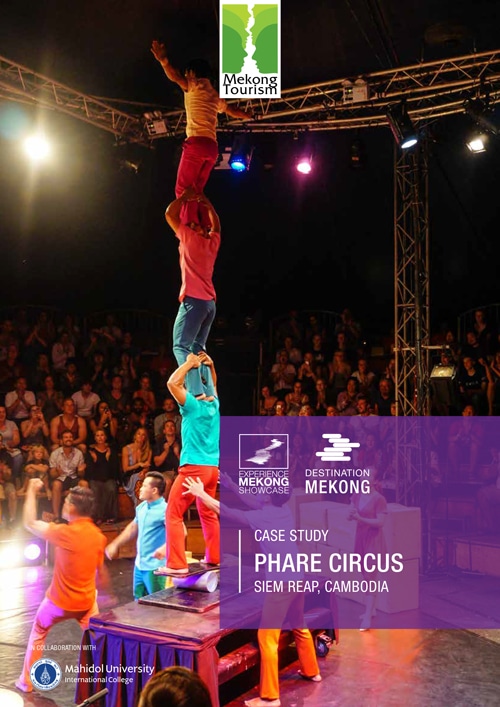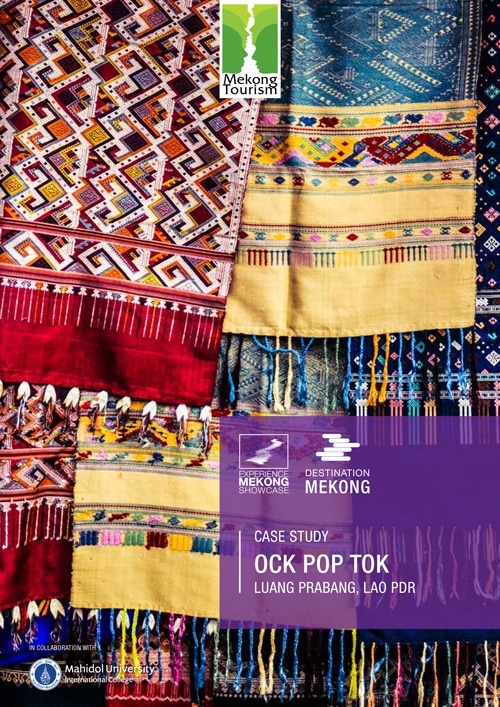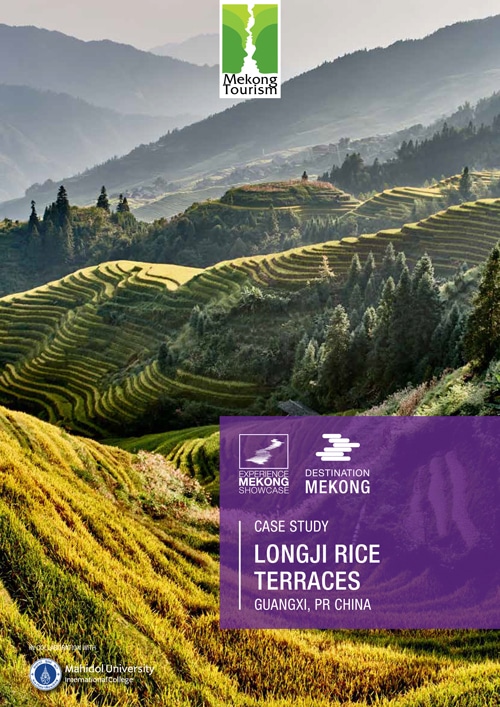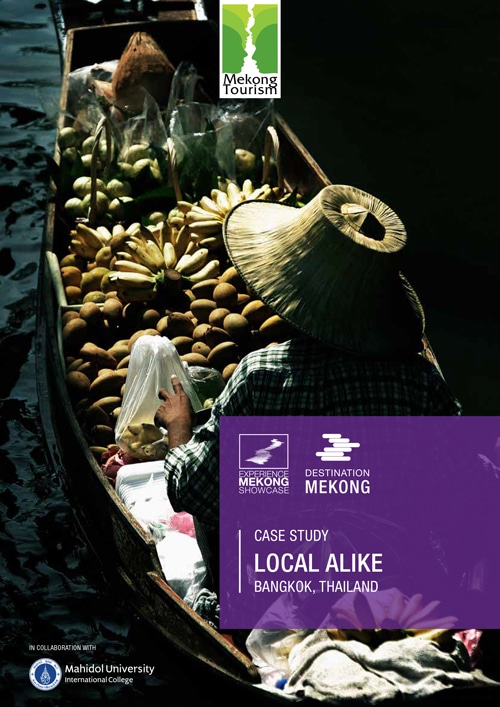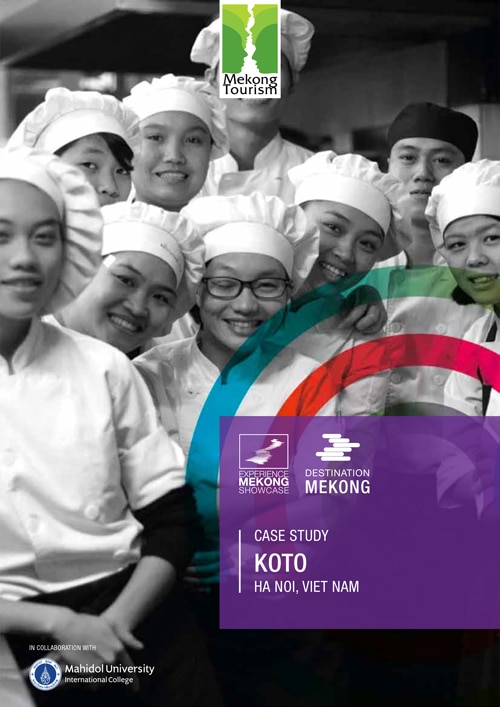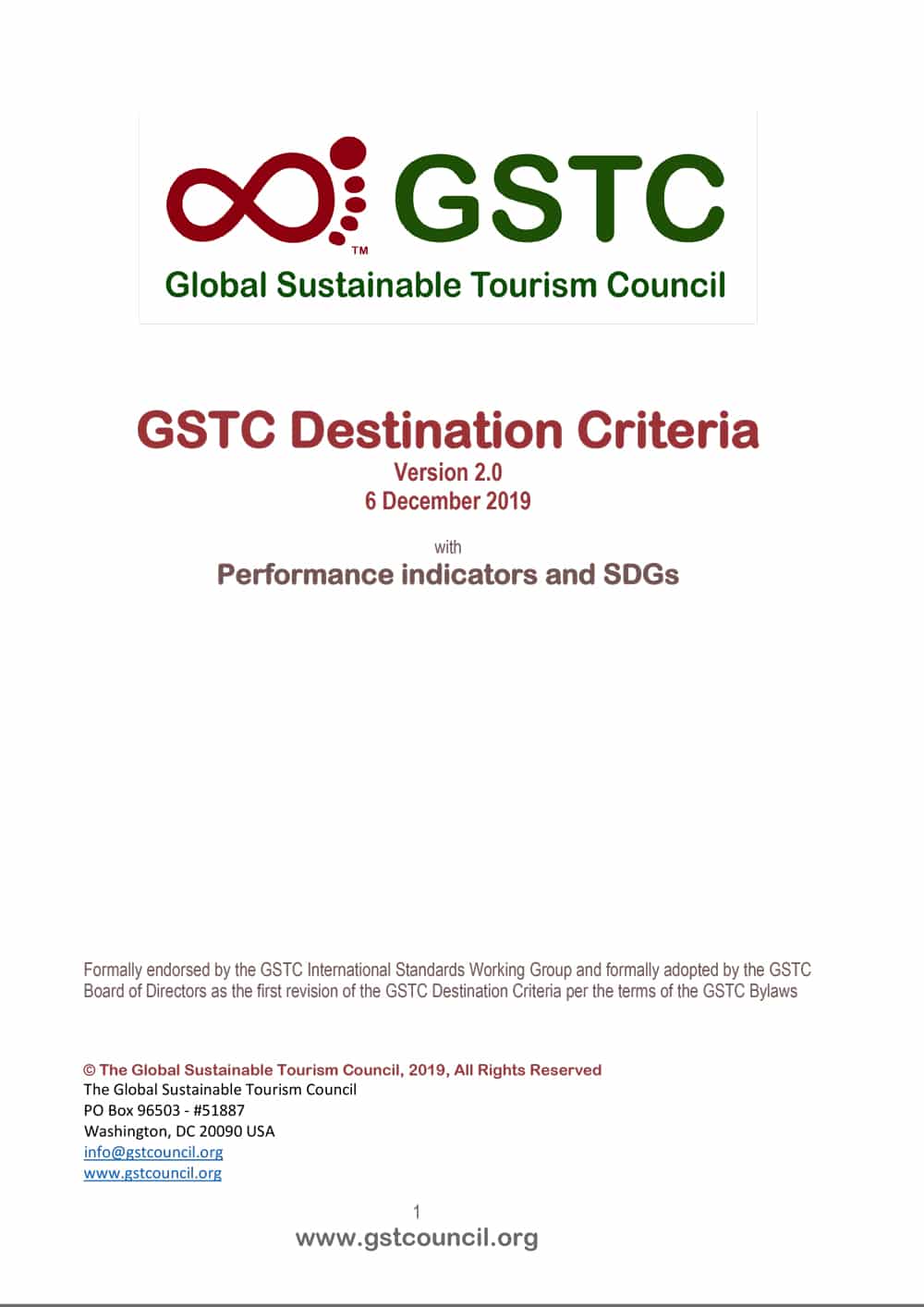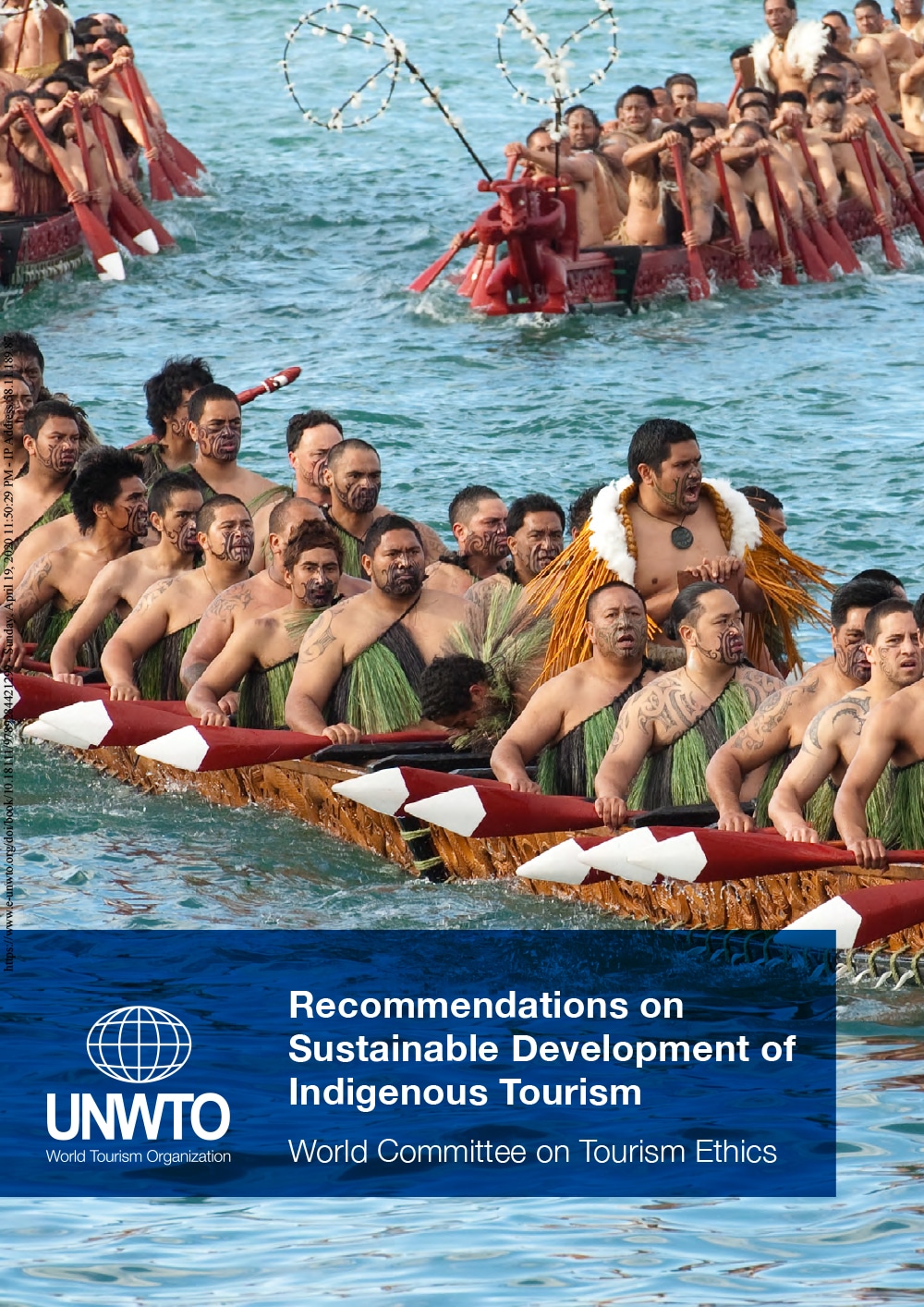Phare, The Cambodian Circus (or Phare Circus) is one of the most innovative, energetic, and amazing performance shows in Cambodia. The 330-person circus was established in 2013 and is an authentic, top-rated, and professional evening show that takes place under a big top.
Continue readingCase Study Ock Pop Tok
The Longji rice terraces have a long history since the beginning of the construction during the Yuan Dynasty (1271-1368) and it was completed in the early Qing Dynasty (1644-1911), with a constructing history of over 800 years. The fascinating rice terraces cover 66 square kilometres of the Longsheng county’s mountain, with the altitude from 300 meters to 1100 metres (Travel China Guide, n.d.). Longji rice terraces have been listed as one of the Globally Important Agricultural Heritage Systems (GIAHS).
Continue readingCase Study Longji Rice Terraces
The Longji rice terraces have a long history since the beginning of the construction during the Yuan Dynasty (1271-1368) and it was completed in the early Qing Dynasty (1644-1911), with a constructing history of over 800 years. The fascinating rice terraces cover 66 square kilometres of the Longsheng county’s mountain, with the altitude from 300 meters to 1100 metres (Travel China Guide, n.d.). Longji rice terraces have been listed as one of the Globally Important Agricultural Heritage Systems (GIAHS).
Continue readingCase Study Local Alike
Local Alike was found in 2013, by the two young and active co-founders, Somsak Boonkam “Pai” and Surachana Pakawaleethorn “Noon”. Pai is acting as a CEO of the enterprise. Local Alike is established in order to address three common problems to local communities namely 1) cultural fading 2) traditional skills and trade loss and 3) problem of migration.
Continue readingCase Study KOTO
KOTO is an internationally recognized and awardwinning
social enterprise in Vietnam which operates
as a training restaurant and a vocational training
centre. KOTO stands for “Know One, Teach One”,
a name that reflects strongly in their core belief,
values. KOTO operates two inter-connecting entities
which support each other through a well-designed
business model. The two parts comprise the KOTO
training center (the non-profit organization), and the
KOTO training restaurants (the social enterprise).
GSTC Destination Criteria
The Global Sustainable Tourism Council (GSTC) Criteria were created to provide a common understanding of sustainable tourism. The GSTC Destinations Criteria – known informally also as “GSTC-D” — are the minimum that any tourism destination should aspire to reach. They are organized around four main themes: sustainable management; socio-economic impacts; cultural impacts; and environmental impacts. They have applicability to the entire tourism sector.
Continue readingRecommendations on Sustainable Development of Indigenous Tourism
Indigenous peoples are characterized by some of the richest, most unique and diverse cultural expressions of humankind which have developed over thousands of years across our planet and are spiritually linked to indigenous traditional lands. These expressions represent a clear pull factor for potential tourists who wish to experience indigenous natural and cultural heritage in physical, intellectual and emotional terms.
Continue reading
